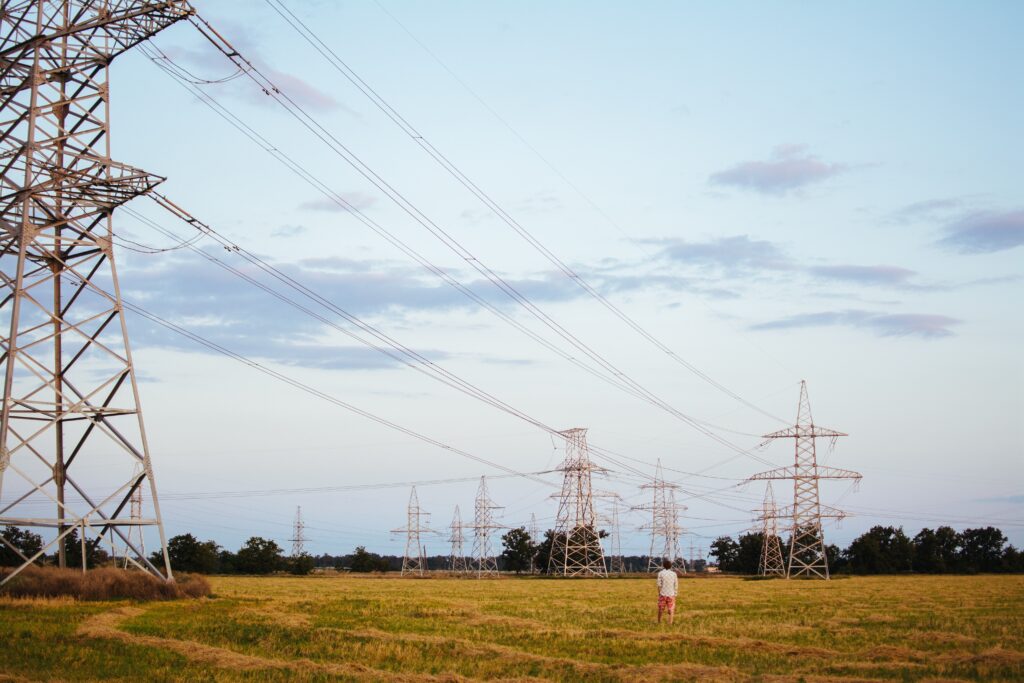SSE Generation has put in a request to National Grid ESO to defer the additional Balancing Services Use of System (BSUoS) costs caused by COVID-19.
The call for change comes following National Grid ESO’s most recently issued BSUoS forecast, as of Friday 15th May. This identified an additional £500 million increase in the cost of managing the electricity transmission system because of the impact of COVID-19.
The pandemic has sent demand in the UK tumbling, with around a 20% drop from this time of year generally. This coupled with soaring renewables production has created challenges for National Grid to keep the grid balanced.
The BSUoS forecast threw the economic impact of this into clear focus, as it grew by around 25%. The February 2020 ESO forecast for BSUoS in 2020/21, for example, was circa £1,478 million. But as of 15 May, the ESO is now forecasting BSUoS in 2020/21 as circa £2,000 million.
These additional costs are set to be applied between June and August, leading to an increase by around 90% on average.
SSE continues to highlight that if these increased costs are collected as they would be under status quo arrangements the impact will be “profound”. As suppliers are unable to recover larger amounts within the timeframe due to fixed priced contracts and price caps, and generators are unable to as the majority of sale for the period have already taken place, this could mean market participants are unable to recover the full costs.
As such, the company is proposing National Grid ESO implement ‘COVID-19 Additional System Management Costs’, an amendment to the BSUoS charging code.
This would spread the cost of additional balancing during the COVID-19 period equally across all the settlement periods during 2021/22. The move is designed to help suppliers and generators managed the unprecedented charges.
The call for modification additionally asks that this be dealt with as a matter of urgency, as it will have “a significant commercial impact on parties, consumers or other stakeholder(s)” and could give rise to “a significant impact on the safety and security of the electricity and/or gas systems”.
It further highlight the unprecedented nature of the COVID-19 lockdown, stating that it could not have been reasonably forecast by either the ESO or market participants.
Should the proposal be approved, the changes should be applied before the 1 June 2020 BSUoS bills so that market participants are not impacted by the COVID-19 Additional System Management Costs incurred by the ESO.
The change in the demand profile in the UK due to COVID-19 has already led National Grid to use a variety of tools to keep the grid balanced.
National Grid ESO’s new Downward Flexibility Management service was brought into play over the May bank holiday weekend to reduce embedded generation. The tool means the operator can offer small scale renewable generators additional commercial agreements to reduce their output.
An urgent Grid Code modification was also approved, giving the operator the power to disconnect embedded generation in emergency situations. Additionally, it has also sealed a deal with EDF to reduce the output of its Sizewell B nuclear power station.
BSUoS charges were recently changed to rectify challenges with storage assets, meaning that double charging of battery storage is to end.
Changes to the cost of the BSUoS in light of COVID-19 would not be the first attempt to ease the economic strain on the UK’s electricity sector caused by the pandemic. The Department of Business, Energy and Industrial Strategy launched a consultation on the Electricity Supplier Obligation Regulations payments due to the impact of COVID-19 earlier in May.





